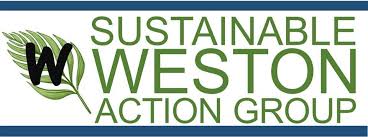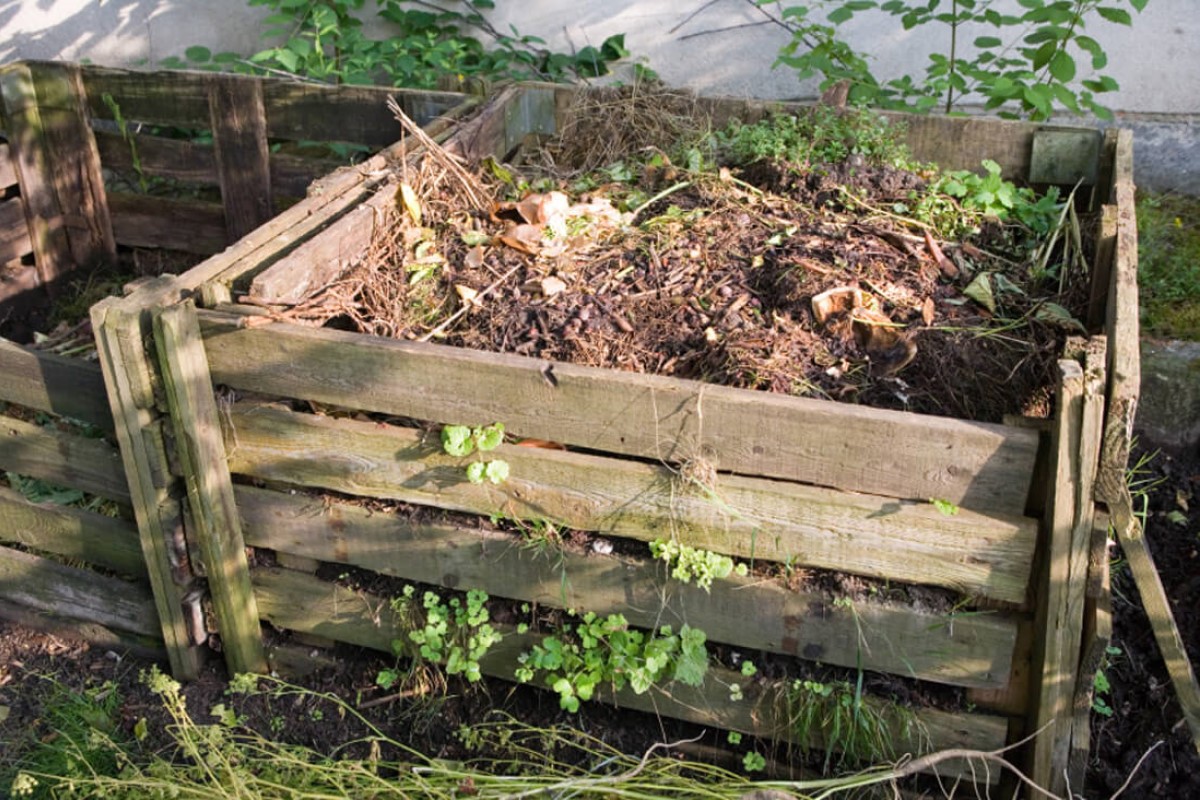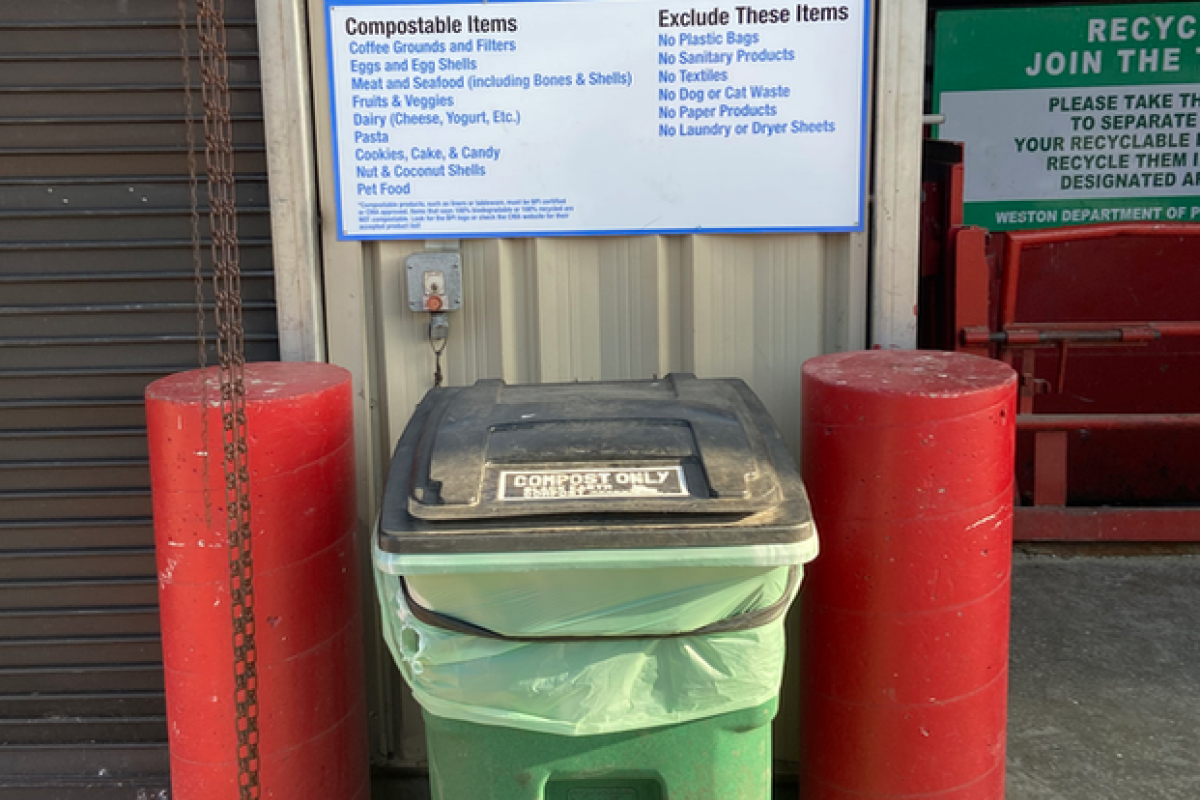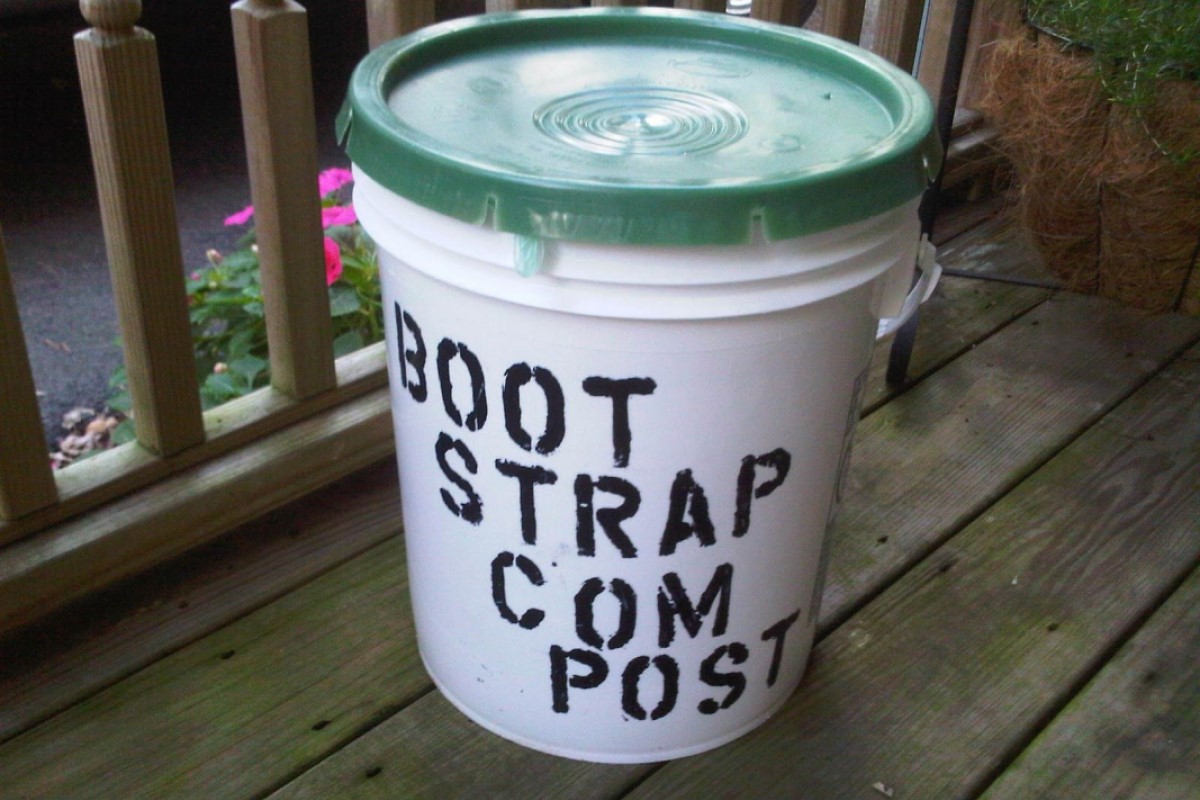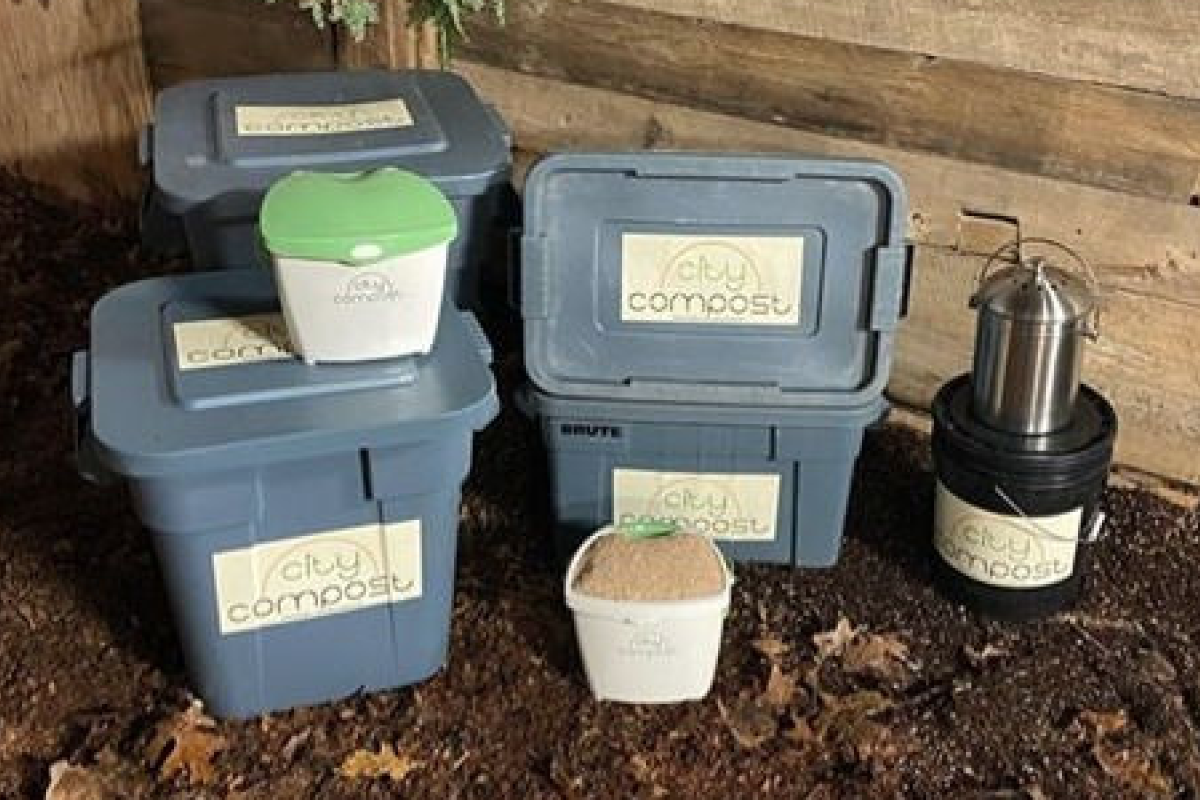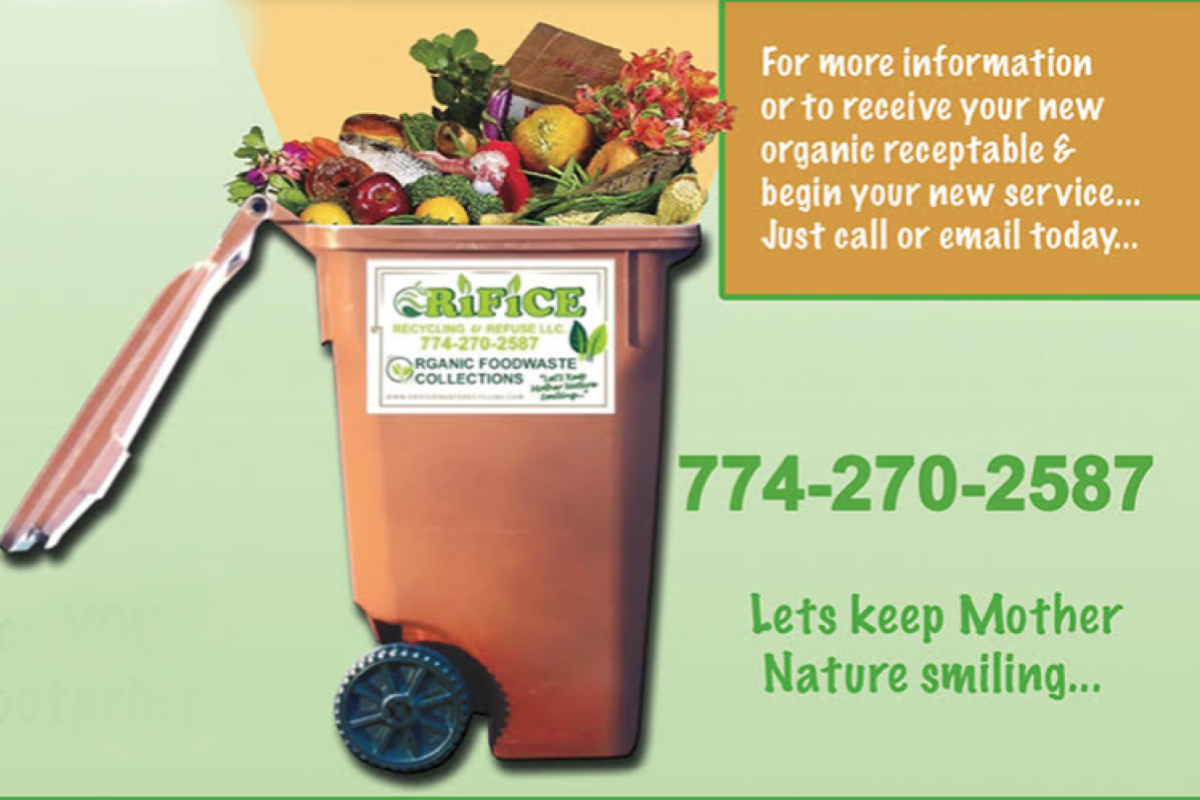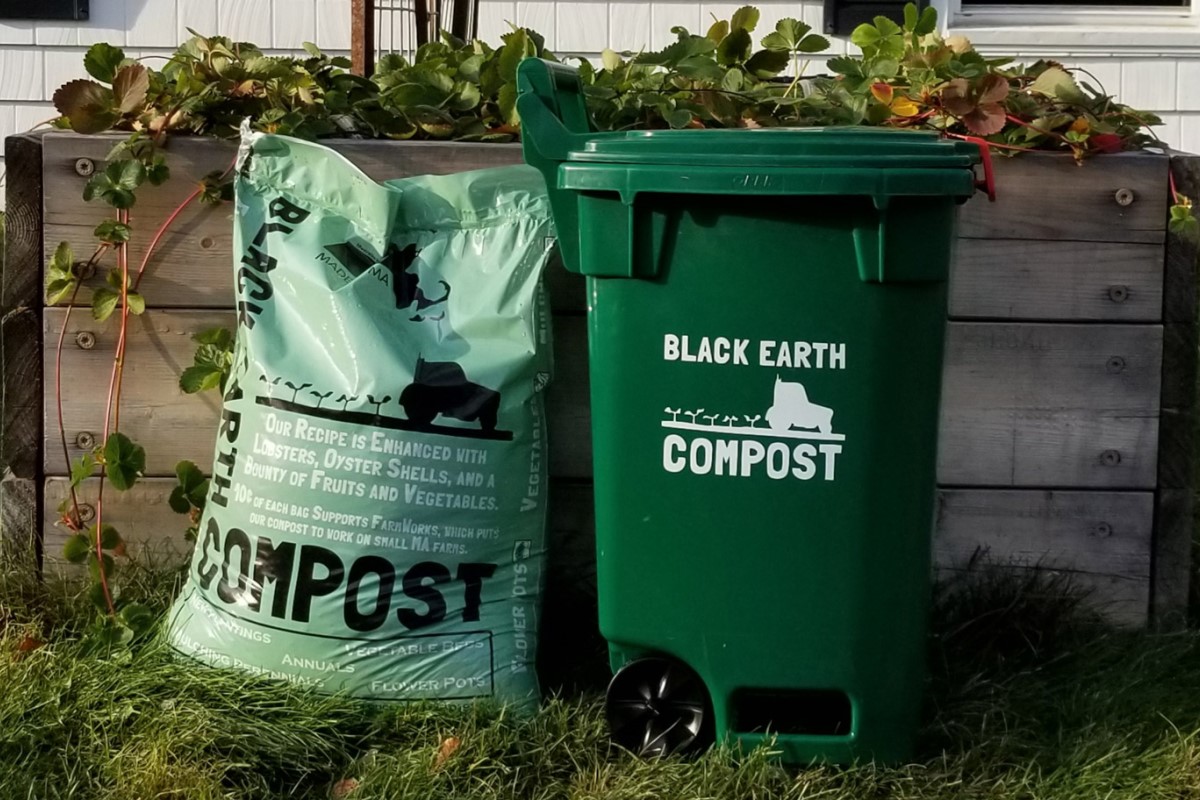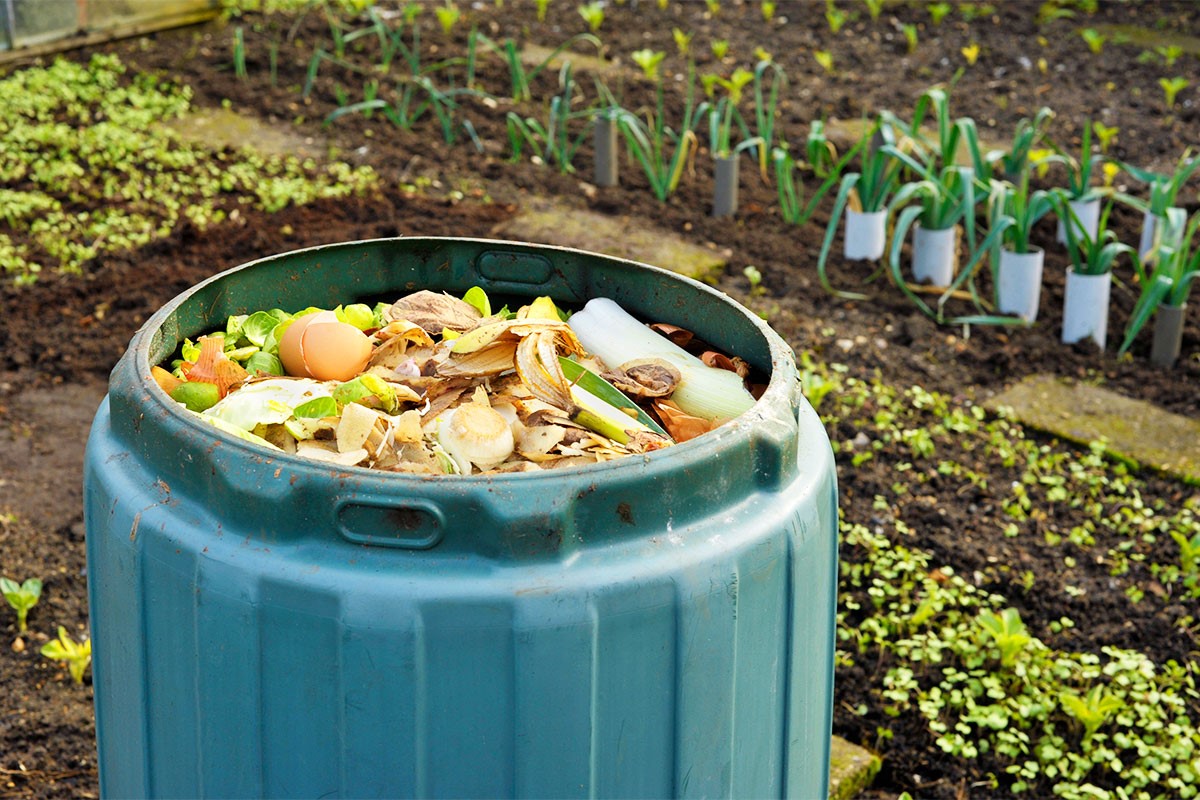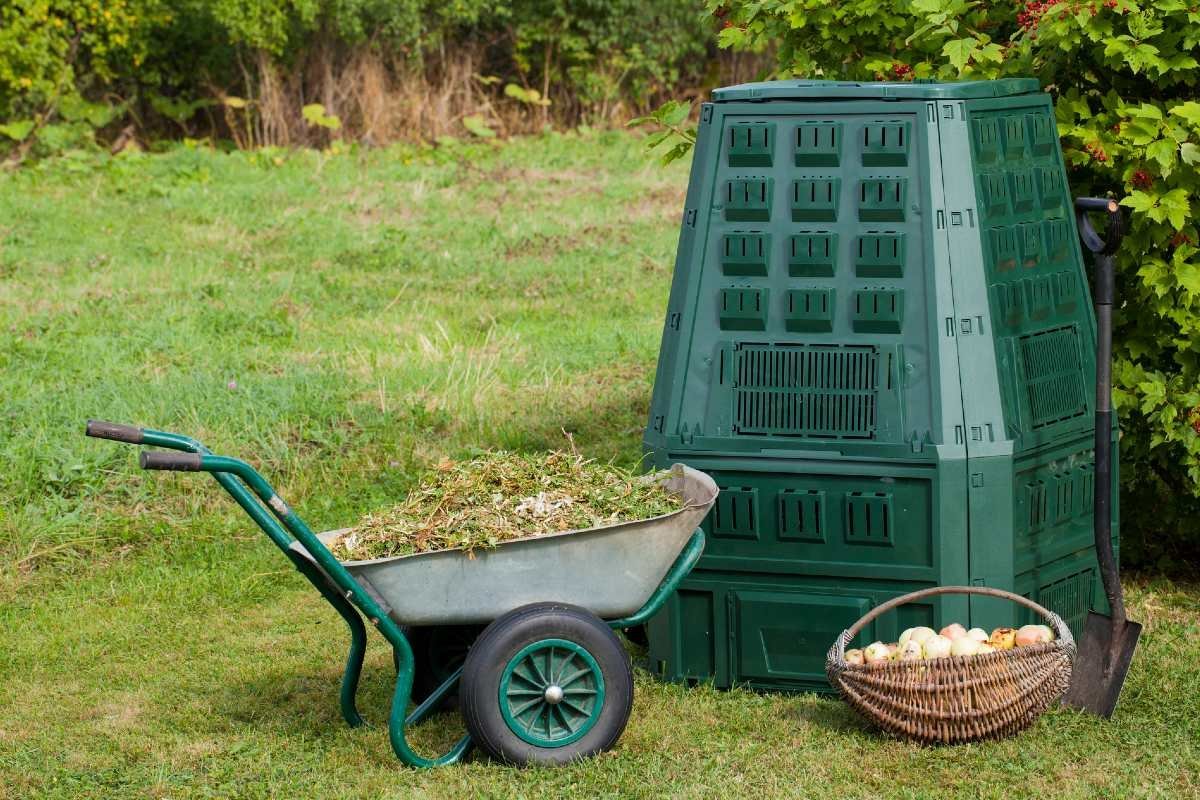Massachusetts is facing a growing waste crisis. Landfills are nearing capacity, with all scheduled to close in the next ten years. New incineration facilities are extremely difficult to permit, largely because of environmental concerns. As disposal options disappear, costs are projected to rise rapidly over the next decade. To combat this crisis, the state has set an aggressive goal of reducing solid waste by 30%, from 5.7 million tons per year in 2018 to 4.0 million tons per year by 2030.
In Weston, the average household produces about 1,625 pounds of non-recycled waste annually. One of the largest components of this trash is organic material, primarily food waste. According to the MA Department of Environmental Protection, food waste accounts for more than 25% of the state’s waste stream. By removing food scraps through composting, Weston residents can make a major dent in their total waste.
In Weston, the average household produces about 1,625 pounds of non-recycled waste annually. One of the largest components of this trash is organic material, primarily food waste. According to the MA Department of Environmental Protection, food waste accounts for more than 25% of the state’s waste stream. By removing food scraps through composting, Weston residents can make a major dent in their total waste.
